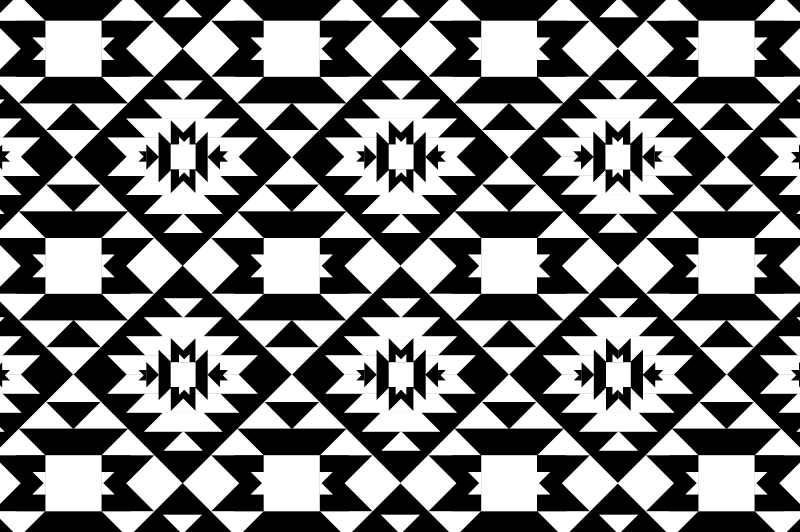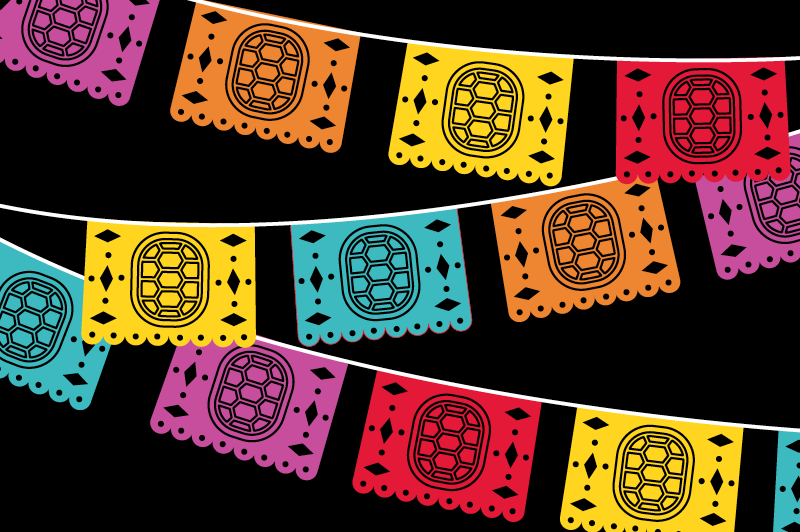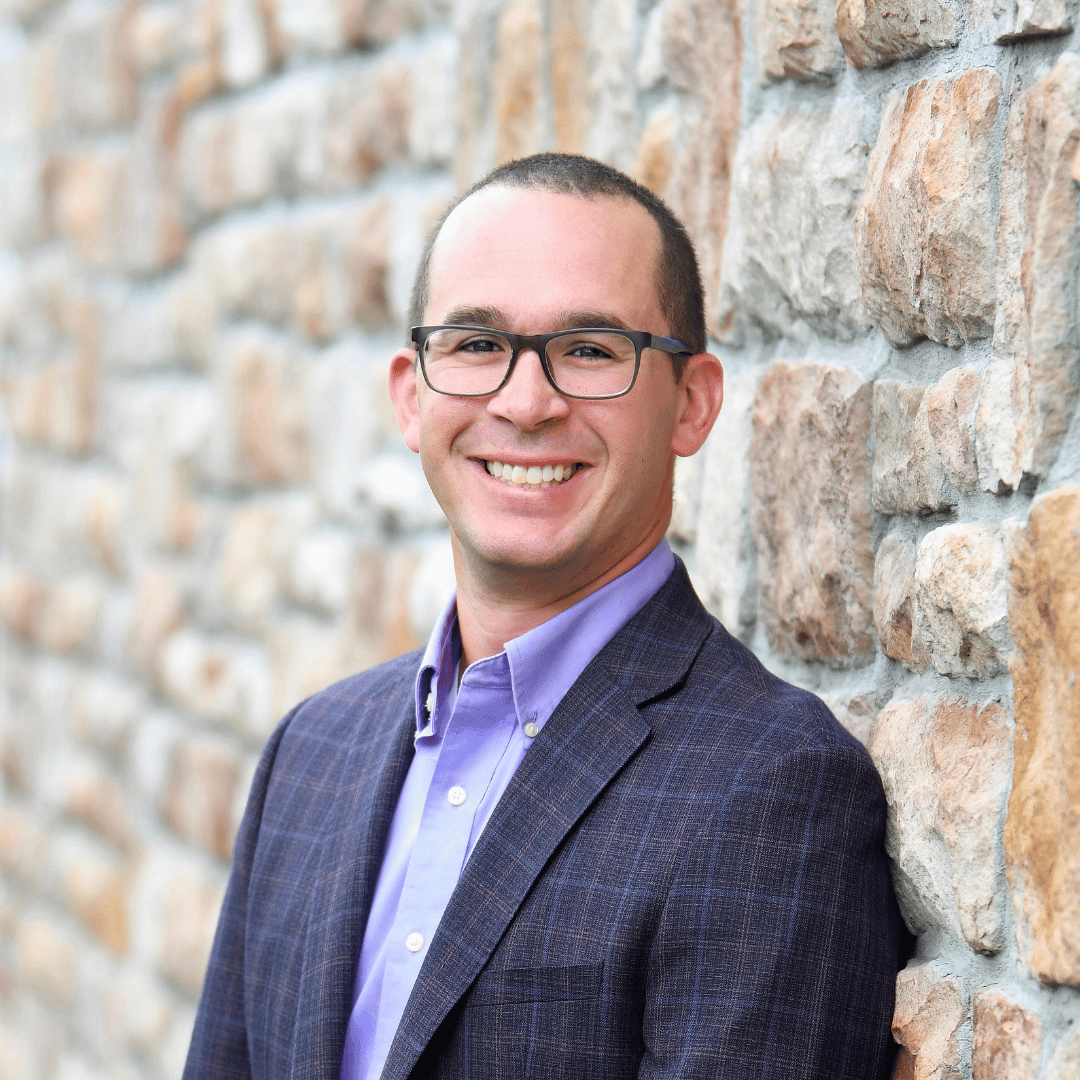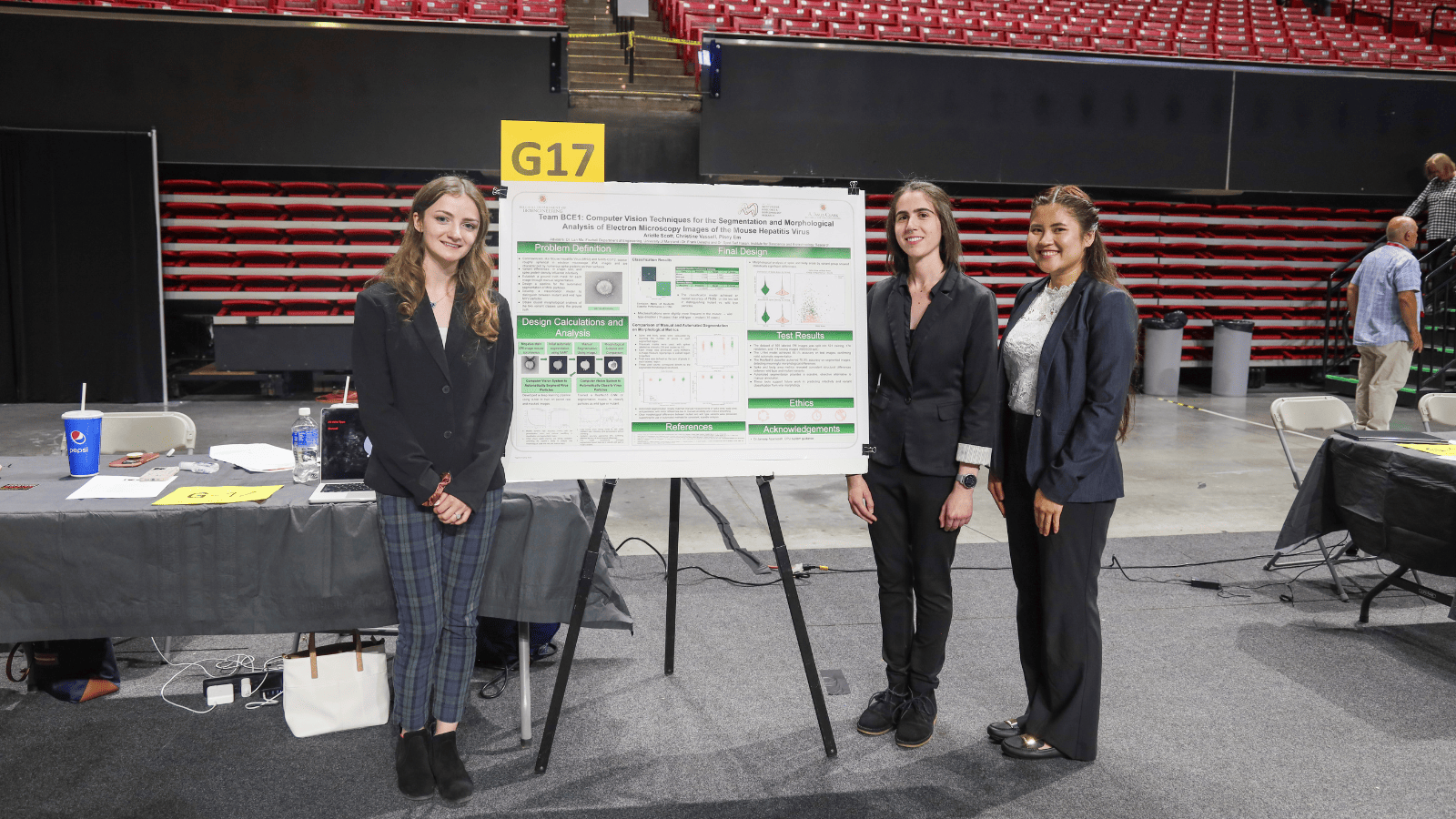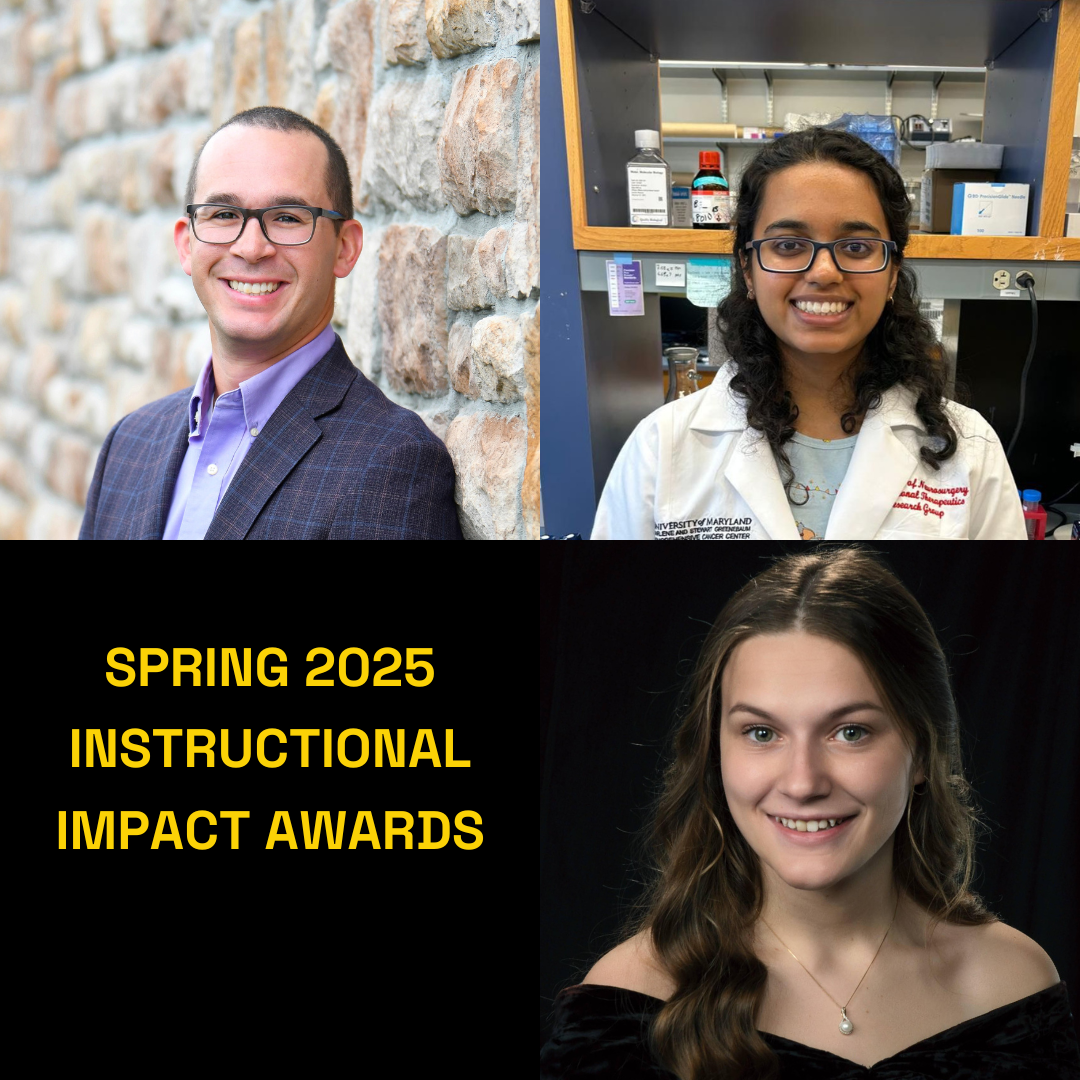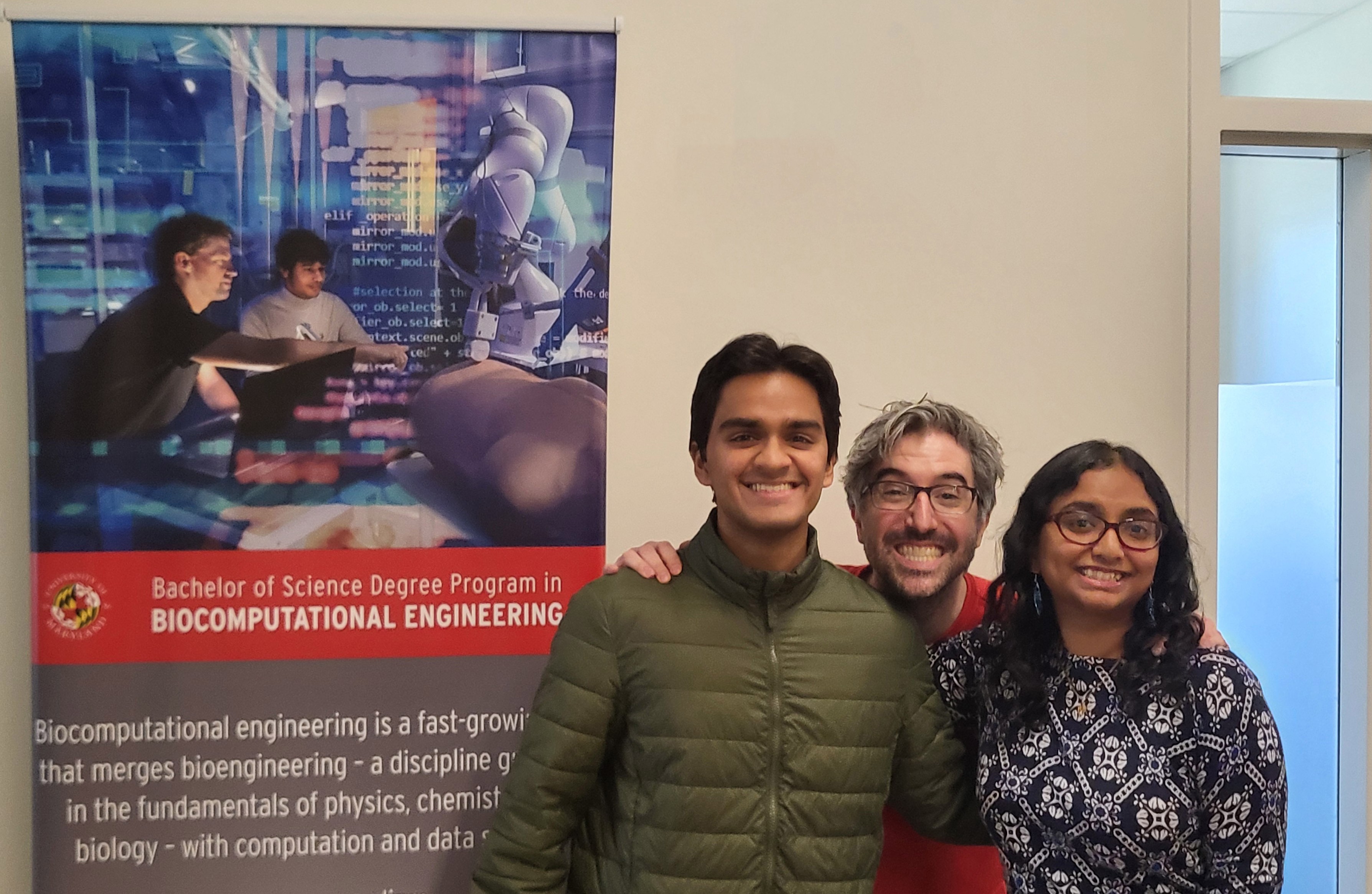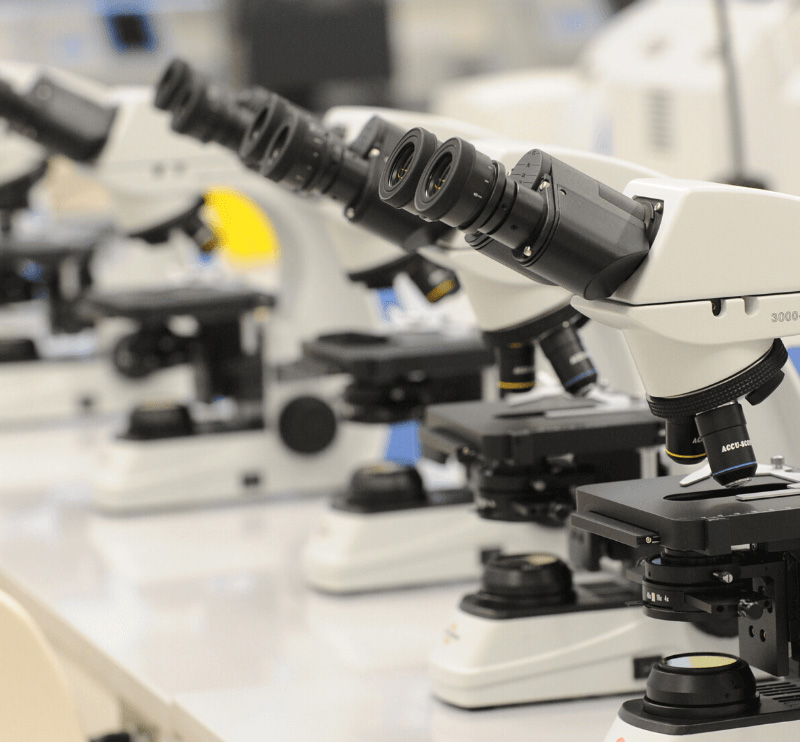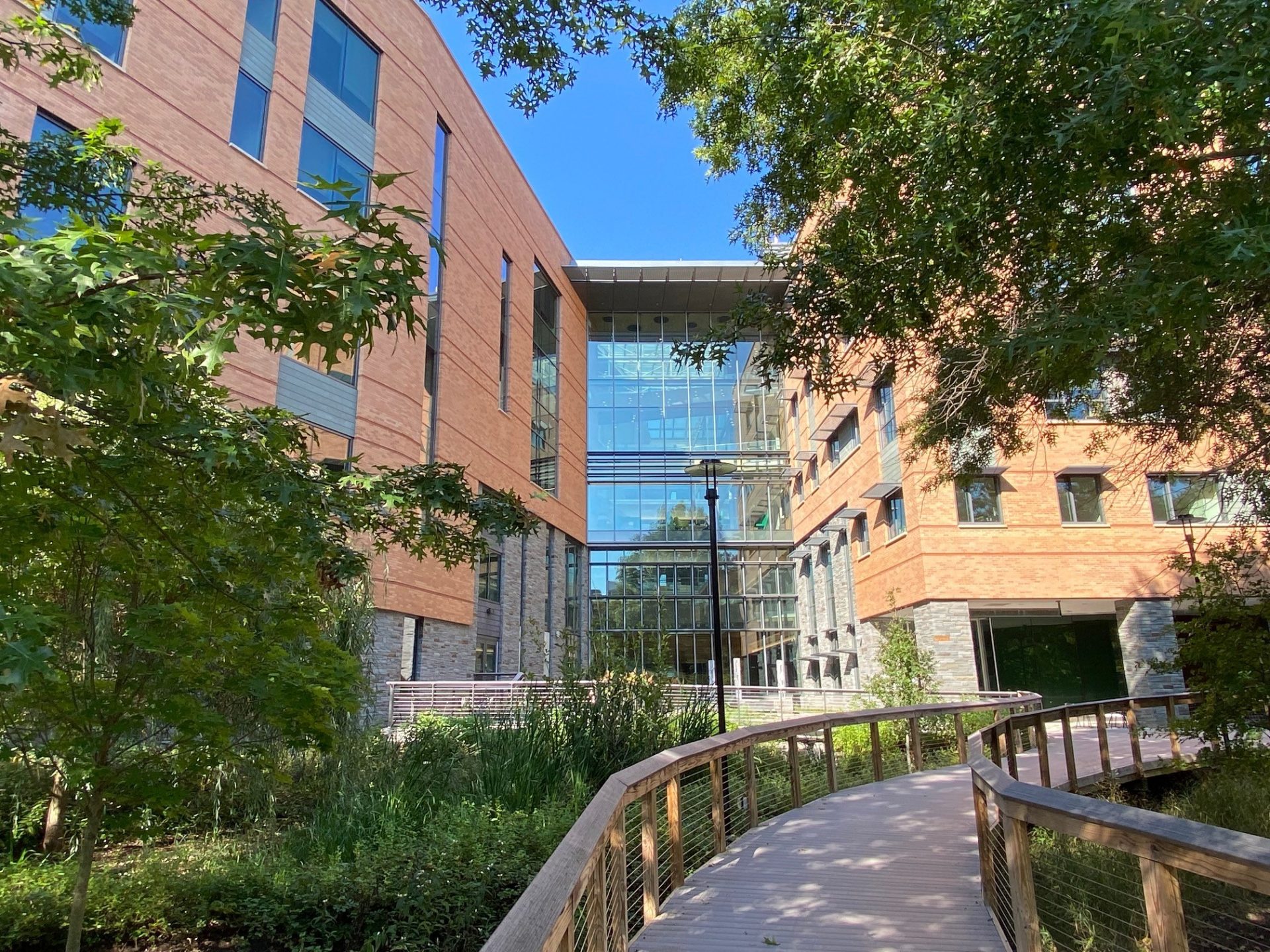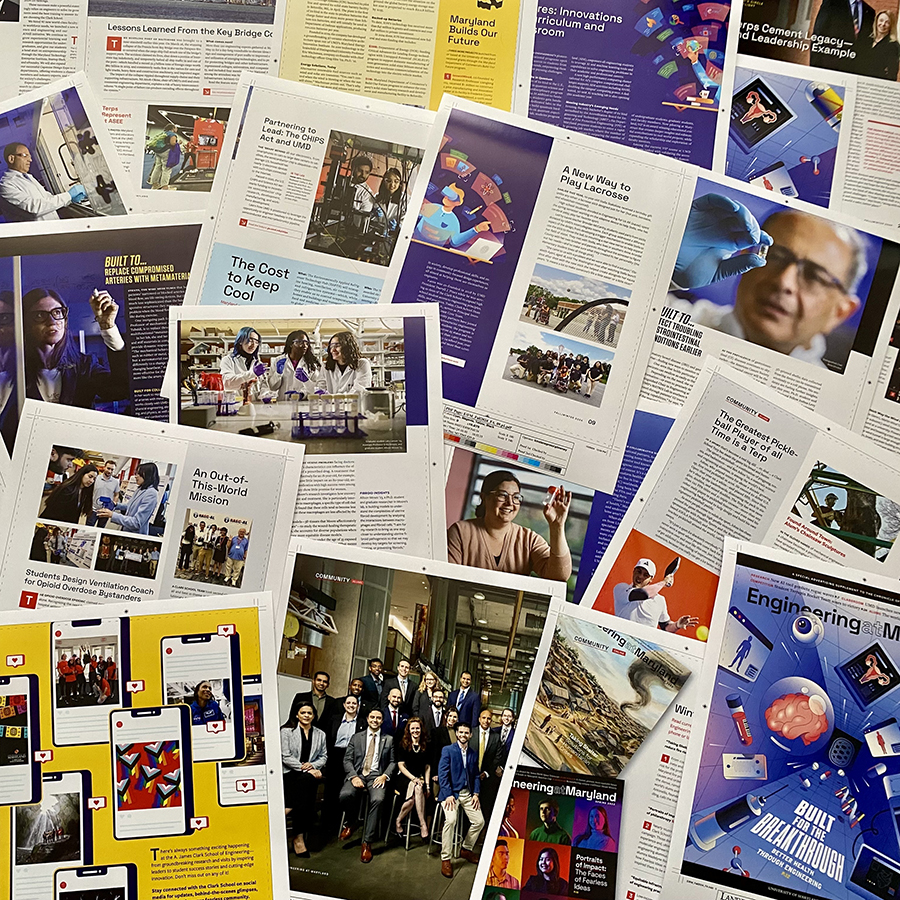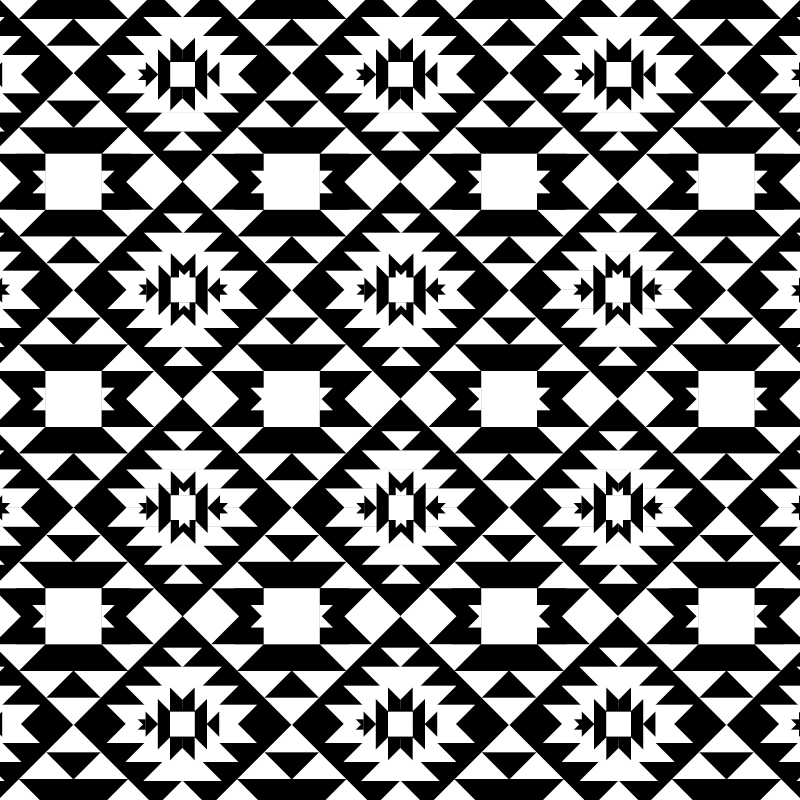Brick by Brick: The Clark School Celebrates LGBTQ+ Engineers
October 1, 2024
The A. James Clark School of Engineering is proud to recognize the contributions our students, faculty, staff, and alums have made and make to our thriving school and field.
Join us as we celebrate LGBTQ+ History Month and these engineering Terps.
Read Dean Graham’s LGBTQ+ History Month message
Each year, the university’s Office of Multicultural Involvement and Community Advocacy (MICA) coordinates a calendar of events to commemorate LGBTQ+ History Month, celebrated in October. This year’s campus-wide theme is “Queering Creation Brick by Brick,” which serves as a reminder that the histories of LGBTQ+ people are built into the origins of our society, and calls us to remember our foundations and express our truths to build community.
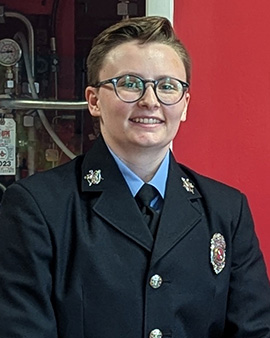 Wanting to be a part of the “leading front” of the profession, senior fire protection engineering (FPE) major Samantha Farren transferred in 2020 to the Clark School with an associate’s degree in fire protection technology. Moving from Syracuse, New York, the firefighter and EMT was also attracted to Prince George’s County for its volunteer opportunities. Farren served for Morningside Volunteer Fire Department and the Prince George’s County Volunteer Marine Fire and Rescue Department concurrently for four years and continues to serve the latter as an operations lieutenant and executive officer to the department chief. Overcoming obstacles, including temporary homelessness during the 2023–2024 academic year, she worked to raise her GPA in order to secure her current internship with NASA as an FPE trainee and pave the way for graduate education in the future.
Wanting to be a part of the “leading front” of the profession, senior fire protection engineering (FPE) major Samantha Farren transferred in 2020 to the Clark School with an associate’s degree in fire protection technology. Moving from Syracuse, New York, the firefighter and EMT was also attracted to Prince George’s County for its volunteer opportunities. Farren served for Morningside Volunteer Fire Department and the Prince George’s County Volunteer Marine Fire and Rescue Department concurrently for four years and continues to serve the latter as an operations lieutenant and executive officer to the department chief. Overcoming obstacles, including temporary homelessness during the 2023–2024 academic year, she worked to raise her GPA in order to secure her current internship with NASA as an FPE trainee and pave the way for graduate education in the future.
Identifying “openly and boldly” as a member of the LGBTQ+ community, Farren has experienced instances of homophobia. Such experiences have led her to “work through an empathetic, compassionate, and humane lens,” she says. “No matter the amount of food on my plate, I will always be found working to add another seat to my table.”
As a pandemic-era transfer student from a blue-collar background, she says, Farren found it difficult at times to make friends. Interest clubs and programs played a large role in helping her find her community in College Park. She is proud to have served on the Women in Engineering Student Advisory Board, the FPE DEI committee, and the Clark School DEI Council. In addition, she has been involved with the Society of Fire Protection Engineers, Women in Cybersecurity, the Business and Information Technology Society, Maryland Women’s Hockey, and ClarkLEAD at UMD. “Volunteering through ClarkLEAD, specifically for the events welcoming other transfer students, exposed me to other people with life stories more similar to mine,” Farren says.
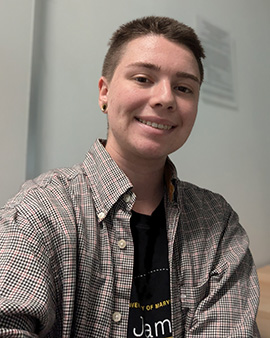 Senior bioengineering major Marsh Hessler grew up with an understanding of engineering—their dad is an electrical engineer—and an appreciation for using available tools to design solutions to problems. From their first bioengineering course, Hessler was excited by the discipline’s potential to open up new kinds of medicine in rheumatology and immunology and treat medical conditions that were once viewed as untreatable. Processes such as protein modification “jumped out” at Hessler, “in part because I’m trans,” they say. “On an intrinsic level, I get what it’s like to be in a body that is betraying you.”
Senior bioengineering major Marsh Hessler grew up with an understanding of engineering—their dad is an electrical engineer—and an appreciation for using available tools to design solutions to problems. From their first bioengineering course, Hessler was excited by the discipline’s potential to open up new kinds of medicine in rheumatology and immunology and treat medical conditions that were once viewed as untreatable. Processes such as protein modification “jumped out” at Hessler, “in part because I’m trans,” they say. “On an intrinsic level, I get what it’s like to be in a body that is betraying you.”
Identifying as trans and asexual, Hessler feels that their perspective gives them an advantage in bioengineering. Minoritized identities get “medicalized, for better and worse,” they say, which may lead to instinctively questioning the medical status quo. With an aim to work in research after graduation, Hessler is studying in the lab of Associate Professor Katharina Maisel, researching nanoparticles for drug delivery. Previously, Hessler worked in the lab of Associate Professor Edward Eisenstein on gene modification. Having also served as a teaching assistant for Eisenstein in an honors bioengineering course for non-majors, Hessler says they found it helpful to get “non-majors’ perspectives” on key technologies and critical ideas in bioengineering.
Raised in Howard County, Maryland, UMD’s proximity to home was a draw for the bioengineering senior. So was the varied student body that “creates a really open, compassionate, and collaborative environment,” they say. To one degree or another, Hessler has been involved with UMD’s chapter of the national oSTEM (Out in Science, Technology, Engineering, and Math) organization, the Accessible Prosthetics Initiative, and Pride Alliance. They also perform with the Gamer Symphony Orchestra. Their message to new students? “There’s a lot of camaraderie on campus. Clubs-wise, you can’t go wrong.”
Hessler says they hope a queer first-year student sees this profile: “I would have liked to see that representation as a new student.”
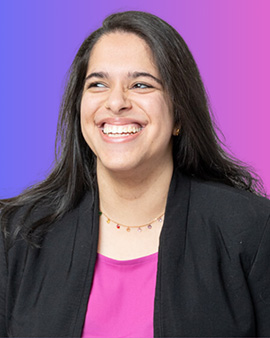 Giving people a stage to share their voice is what Ambi Narula ’20 is all about. As an undergraduate at UMD’s Philip Merrill College of Journalism, Narula developed her writing and communications skills—from poetry (she was a resident of the Jimenez-Porter Writers’ House) to PR. A course on feminism and comedy introduced Narula to the world of standup comedy, open-mics, and chasing the “cloud nine-feeling” of performing a successful set. She also saw how little representation there is in the world of comedy—for women, for people of color, and for members of the LGBTQ+ community. She founded the Hysterics, UMD’s comedy club for women and nonbinary members and serves as the club’s adviser. But she realized the ‘stage’ extends far past the comedy club. “I developed a passion for the community of people like me,” she says. “I wanted to give the underrepresented a space, a voice, in other areas too.”
Giving people a stage to share their voice is what Ambi Narula ’20 is all about. As an undergraduate at UMD’s Philip Merrill College of Journalism, Narula developed her writing and communications skills—from poetry (she was a resident of the Jimenez-Porter Writers’ House) to PR. A course on feminism and comedy introduced Narula to the world of standup comedy, open-mics, and chasing the “cloud nine-feeling” of performing a successful set. She also saw how little representation there is in the world of comedy—for women, for people of color, and for members of the LGBTQ+ community. She founded the Hysterics, UMD’s comedy club for women and nonbinary members and serves as the club’s adviser. But she realized the ‘stage’ extends far past the comedy club. “I developed a passion for the community of people like me,” she says. “I wanted to give the underrepresented a space, a voice, in other areas too.”
Fast forward five years, and Narula is back at her UMD campus home, working as a communications and program specialist for the Clark School’s Robert E. Fischell Institute for Biomedical Devices and as a master’s student in business management at the Robert H. Smith School of Business. She says walking into Clark Hall is the best part of her day, an opportunity to do great work, for engineering and for people. By night, Narula is making a name for herself as the CEO and producer of Comedy Bonfyre, which emphasizes different perspectives in the comedy scene, by applying lessons learned in her leadership courses and on the job.
Narula is a voice for DEI at the Clark School, working with a network of Clark communicators who share the stories and impact of Maryland engineers through social media campaigns for Women’s History Month, Pride Month, and other community celebrations. In 2024, Narula was named the Clark School DEI Council’s LGBTQ+ liaison. As point person for inclusive queer-related programming, she meets with leadership and units to identify needs for the queer community and curates events and opportunities for community engagement. From working at UMD’s Quelcome: Fall Welcome Fest and Resource Fair to planning events like last year’s LGBTQ+ History Month Ice Cream Social, Narula hopes to do more in support of the community. “I’m passionate about this work,” she says of her role on the DEI Council. “I want to be there, to make an impact.”
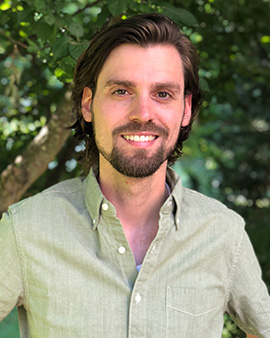 How does ‘place’ influence a student’s sense of belonging? The question is at the core of a research effort led by Timothy Duane Reedy Ph.D. ’21 (pictured) and his colleague David Tomblin, both of the Science, Technology and Society (STS) program and teaching team who stand in solidarity with the LGBTQ+ community.
How does ‘place’ influence a student’s sense of belonging? The question is at the core of a research effort led by Timothy Duane Reedy Ph.D. ’21 (pictured) and his colleague David Tomblin, both of the Science, Technology and Society (STS) program and teaching team who stand in solidarity with the LGBTQ+ community.
For their study “Engineering Identities: The Impact of Place on Sense of Belonging” they held a series of identity-specific focus groups, including LGBTQ+ engineering students. The nuanced research provided Clark School administrators with actionable suggestions, such as:
- diversifying symbols of achievement that adorn engineering spaces;
- cultivating mentorship programs that reflect a spectrum of identities;
- celebrating the contributions of all groups and voices in engineering; and
- rewriting a mission statement in a way that students can ‘see’ themselves and their values being reflected back to them.
The study’s conclusion invited the broader engineering community to address how their engineering spaces affect the experiences of students, so institutions might nurture the varied identities that populate them.
The most surprising outcome? “What I didn’t expect from the focus groups is that the participants would become close,” Reedy says of the students keeping in touch with one another after the focus groups were finished. He also felt the effects of this study. “I was personally changed by this project, and it has influenced what I do in the classroom,” he says. “Simply listening to their stories has made me more flexible, approachable, and forgiving as a professor.”
With a Ph.D. in international education policy from UMD, Reedy’s pedagogical stance leads him to encourage students to challenge problematic norms and recognize their capacity to be agents of change. Three years ago, he and colleagues across campus joined together to launch the Science, Technology, Ethics and Policy (STEP) minor, accessible to all students. He and his STS team also scaled up ENES200, colloquially known as Engineering Ethics, which is now a requirement for engineering majors.
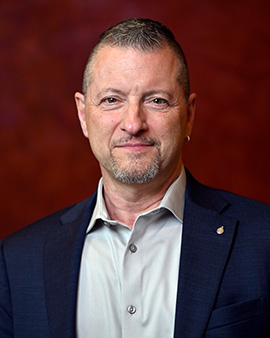 With a long-held desire to build cities on the moon, Brent Sherwood M.S. ’88 landed at the Clark School’s Department of Aerospace Engineering for graduate research in 1984. At UMD, he took all the space-related courses he could, and he spent a lot of time in the NASA Goddard Space Flight Center Library (his master’s thesis was over 500 pages long). After graduation, he went to work at Boeing, where he led space mission concept development and concept engineering for robotic and human exploration. From there, he moved on to the NASA/Caltech Jet Propulsion Laboratory, where he rebuilt the lab’s concept and proposal organization and then led planetary mission formulation. His most recent executive position at Blue Origin, he says, might be the most impactful: He led the growth of a $30 million department into a $1 billion in-space business unit developing product lines for commercial low-earth orbit destinations, space mobility, and lunar exploration. “In 42 months, the team we built during the pandemic started multiple flight project developments including the Blue Moon lunar landers, Blue Ring deep-space tug, Orbital Reef commercial space station, and others,” he says. “Running an organization of 1,100 people—that was a surprising opportunity.”
With a long-held desire to build cities on the moon, Brent Sherwood M.S. ’88 landed at the Clark School’s Department of Aerospace Engineering for graduate research in 1984. At UMD, he took all the space-related courses he could, and he spent a lot of time in the NASA Goddard Space Flight Center Library (his master’s thesis was over 500 pages long). After graduation, he went to work at Boeing, where he led space mission concept development and concept engineering for robotic and human exploration. From there, he moved on to the NASA/Caltech Jet Propulsion Laboratory, where he rebuilt the lab’s concept and proposal organization and then led planetary mission formulation. His most recent executive position at Blue Origin, he says, might be the most impactful: He led the growth of a $30 million department into a $1 billion in-space business unit developing product lines for commercial low-earth orbit destinations, space mobility, and lunar exploration. “In 42 months, the team we built during the pandemic started multiple flight project developments including the Blue Moon lunar landers, Blue Ring deep-space tug, Orbital Reef commercial space station, and others,” he says. “Running an organization of 1,100 people—that was a surprising opportunity.”
In addition to his aptitude for math, attraction to science, and excellent technical training, Sherwood says his superpower is communication. (Newly retired and consulting for the American Institute of Aeronautics and Astronautics, Sherwood has four book ideas brewing.) Born in Philadelphia and coming from a “simple blue-collar background,” he developed his own approach to leadership. An early influence: the philosophy espoused by the K-12 Quaker day school he attended, which emphasized humility, listening, and genuine consensus. A later influence, says Sherwood, was the tough experience of coming out as gay in 1978 as an undergraduate at Yale. Acknowledging that it can be difficult for people to be themselves in professional situations, Sherwood considers it “essential for actualizing the benefits of diversity that people bring their complete selves to work.”
His advice for engineering students of all backgrounds and experiences: learn the technical subjects, but “use your electives to take precisely the humanities that you try to avoid to best prepare for an unknown future.” That, and find a good mentor, as “personal connection is at the root of all education,” he says.
Sherwood’s advice for fellow alums? Having committed to establishing the Brent Sherwood Space Architecture Endowed Undergraduate Research Award in Engineering, he encourages others to give what they can. “Everyone stands on the foundation of those who came before,” he says. “It’s a privilege to be that foundation for who’s coming next.”
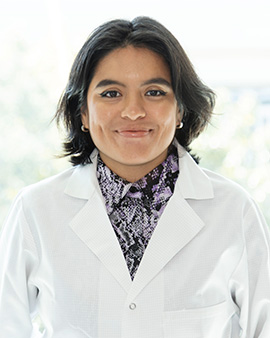 Personal experience attracted bioengineering Ph.D. student Alison Veintimilla to first study immunology. Veintimilla’s mother, who is originally from Ecuador, was diagnosed with an autoimmune disorder. Veintimilla became a strong advocate for their mother in their predominately-white area of Long Island, New York, going on to study immunology at Brown University as an undergraduate. There, Veintimilla was introduced to bioengineering and earned their graduate degree—it’s also where they first met Clark School Assistant Professor Erika Moore. The two formed a mentorship and, today, Veintimilla works in the Moore Lab in pursuit of utilizing biomaterials to leverage an understanding of autoimmune disorders, particularly addressing health disparities. Noting the highly disproportionate impact of autoimmune disorders on women, Veintimilla is interested in macrophages, “the trainers of the immune system,” and how hormones may affect their function. They co-authored a paper published in 2023 in the journal Lupus Science & Medicine.
Personal experience attracted bioengineering Ph.D. student Alison Veintimilla to first study immunology. Veintimilla’s mother, who is originally from Ecuador, was diagnosed with an autoimmune disorder. Veintimilla became a strong advocate for their mother in their predominately-white area of Long Island, New York, going on to study immunology at Brown University as an undergraduate. There, Veintimilla was introduced to bioengineering and earned their graduate degree—it’s also where they first met Clark School Assistant Professor Erika Moore. The two formed a mentorship and, today, Veintimilla works in the Moore Lab in pursuit of utilizing biomaterials to leverage an understanding of autoimmune disorders, particularly addressing health disparities. Noting the highly disproportionate impact of autoimmune disorders on women, Veintimilla is interested in macrophages, “the trainers of the immune system,” and how hormones may affect their function. They co-authored a paper published in 2023 in the journal Lupus Science & Medicine.
In addition to the Moore Lab, Veintimilla was attracted to UMD for its proximity to governmental agencies and Capitol Hill. Last semester, they joined the National Lupus Advocacy Summit in support of lupus research and education programs; on campus, they are involved with the Women’s Health Initiative, which brings together faculty and graduate students to address major issues in women’s health research, organized by fellow bioengineering Ph.D. student Amal Shabazz. “As someone who is a person of color and someone who is queer, that intersection has impacted my capacity to be resilient and to understand outside experiences,” Veintimilla says. “In the case of autoimmunity and women’s health in general, it is an understudied field.”
Veintimilla is active with her department and the Bioengineering Graduate Student Society, through which they volunteered as a mentor for Wheaton High School students last semester. Going forward, they hope to plan initiatives and build community around indigenous rights and LGBTQ+ concerns. They recently organized a clothing drive, understanding “the importance of clothing as a tool to help express one’s most authentic self,” Veintimilla says.
Welcome to oSTEM
From on-campus professional events with industry partners, to online programs with other oSTEM chapters, to area field trips—like last year’s Gay Day at the Zoo—UMD’s chapter of the national Out in Science, Technology, Engineering, and Mathematics (oSTEM) organization is here for all, including the LGBTQ+ STEM community on campus. Look out for a Paint and Sip Night in collaboration with the Clark School on October 9, a collaboration with technology consulting firm CapTech, and more fall semester events.
“Our chapter, our meeting space in the Equity Center, and the UMD queer community in general are welcoming,” says oSTEM Public Relations and Socials Chair Abbey Vanasse. "We encourage all who are interested to join us."
